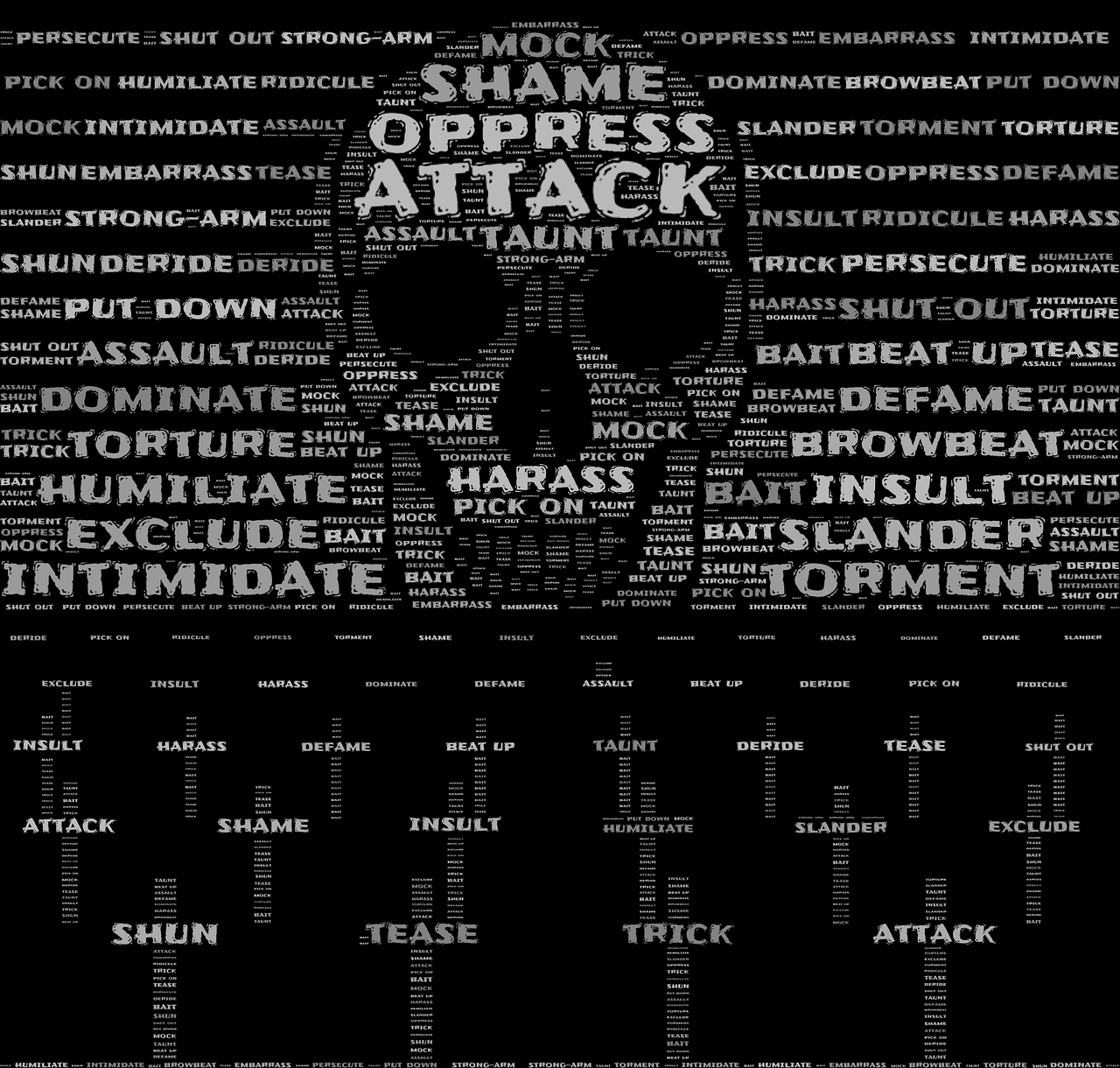 Submitted by Jonn on
Submitted by Jonn on

pixabay.com
While shaming was weaponized long ago as a means of punishment, social media has transformed it into a weapon of reversed mass destruction. Rather than a single weapon destroying masses, it is the social media masses that are destroying one person at a time. Perhaps the best known example of this is the destruction of Justine Sacco, the woman who tweeted “Going to Africa. Hope I don’t get AIDS. Just kidding. I’m white!” While Sacco is currently the best known victim of such shaming, the practice has become a common one and the list of casualties increases each day.
While it is tempting to issue a blanket condemnation of shaming, this would be a mistake. While shaming is abused, it can be a morally acceptable form of punishment. However, this requires that it be used properly and justly.
As with any form of punishment, shaming should only be used when the target has done wrong. Unlike with actual civil and criminal laws, there is not a codified set of rules specifying what actions are wrong in a way that warrant shaming. As with most social interactions, people are guided by vague norms, intuitions, traditions and feelings. As such, the practice of shaming can be rather chaotic. That said, it is certainly possible to consider situations rationally and assess whether they are shame worthy or not—though disputes are inevitable. Working out such guideless would be analogous to developing a hybrid between laws and etiquette and would presumably require at least a small book, which is far beyond the scope of this short essay. However, I do have some recommendations.
In the United States criminal justice system, there is a presumption of innocence on the part of the defendant. This is based on the ideal that it is better to allow the guilty to go free than to punish the innocent. The same sort of presumption should be extended to those who are accused of engaging in shame worthy actions. I would even suggest a specific sort of presumption, namely a presumption of error. This is to begin the consideration by assuming the accused acted from error rather than malice.
One common type of error that leads to excessive shaming is when a person attempts to be funny, but fails to do so because of a lack of skill. Sacco’s infamous tweet seems to be an example of this sort of error. A skilled comedian could have created a piece of satire using the same basic idea and directed attention to the issue of race in the context of AIDS. Because of a lack of comedic skill, Sacco’s tweet came across as racist—although all the evidence seems to clearly show that this is not what she intended. Another type of error is that of ignorance—a person has no malicious intent, but errs by not knowing something rather important. For example, a person trying to be funny might appear racist because they are unaware of the social norms governing who has the right to use which terms of race. The obvious example, is a white person imitating a black comedian’s use of the n-word without realizing that the word is essentially off limit to white comedians.
If a person is reasonably judged worthy of shaming, the next concern is how and to what extent the person should be shamed and the objective of the shaming. Since shaming is a punishment, the usual moral considerations about punishment apply.
One reason to punish by shaming is deterrence—so the shamed will not engage in shameful activity again and that others will be less inclined to behave in similar ways. Another reason is retribution—to “balance the books” by harming the shamed in return for the harm they did. While retribution strikes me as morally problematic (at best), both deterrence and retribution should be limited by the principle of proportionality. That is, the punishment should be comparable in severity to the harm done. If the punishment is excessive, then it creates a new harm that would require punishment and this punishment would need to be proportional or there would need to be another punishment and so on to infinity. As such, even if retribution is embraced, it can only be justified when it matches the harm inflicted.
Unfortunately, in social media shaming the punishment tends to be excessive. In fact, the punishments for such offenses can exceed those imposed for serious civil or criminal violations of the law. For example, Sacco’s failed attempt at humor cost her job and wrecked her life. One reason that the punishment can be excessive is that people are often insulated from consequences of their acts of punishment, and hence they are freed to be harsher than they would be in person. That said, shamers are sometimes themselves shamed for shaming, thus creating a vicious circle. Another reason for the excesses of punishment is the scope of social media. A person’s shame can be broadcast to the entire world and the entire world can get in on punishing the person, thus inflicting excessive harm. This also helps explain why people who are shamed are often fired—their employers fear the wrath of the social media mob and will fire a person to protect themselves.
Another, and what I think is the best, reason to punish is redemption. Such punishment aims to inform the person that their action is unacceptable, to give them a chance to atone for their misdeed and to allow them a chance to be accepted back into the social fold. This approach does have some limits. The person must be subject to feeling shame or vulnerable to the consequences of being shamed. A person who is shameless (or at least without shame in the matter at hand) will be rather resistant to attempts to appeal to their sense of shame. A person who can suffer little or no ill-consequences from being shamed will also not be corrected by shaming.
Punishing for the purpose of redemption does put a limit on the punishment that should be inflicted. After all, excessive punishment is unlikely to teach a person a moral lesson about how they should act (but it can teach a practical lesson). Also, excessive punishment can do so much damage that a person cannot effectively make it back into the social fold. Such redemptive shaming should be severe enough to send the intended message, but moderate enough that the person can achieve redemption. What is often forgotten about redemptive punishment is the important role of society—redemption is not merely about the wrongdoer redeeming themselves, but other people accepting this redemption. Those who engage in social media shaming all too often rush to punish and then move on to the next transgressor. In doing so, they fail in their obligations to those they have punished, which includes offering an opportunity for redemption
.
Mike LaBossiere
http://blog.talkingphilosophy.com/?p=10201
- 728 reads